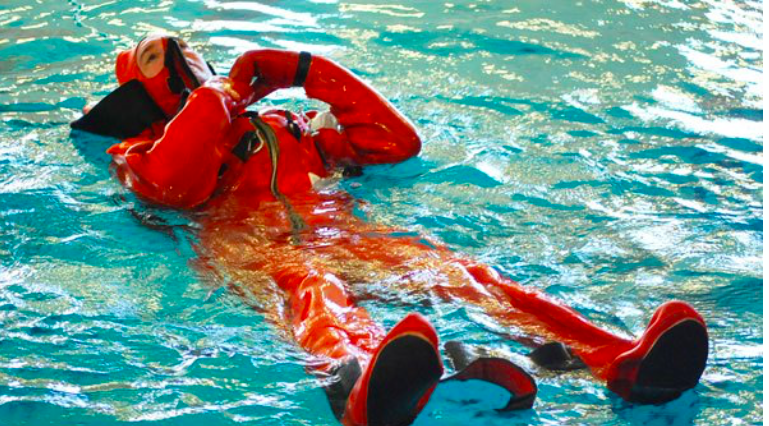What do you do when the unexpected happens offshore? When the winds build, say, from 40 knots to 60 knots, to 70 knots? When your mental and physical preparation could mean the difference between life and death? And that preparation involves a lot of practice, according to Mario Vittone, a retired Coast Guard helicopter rescue swimmer and instructor and expert on surviving at sea. (In 2007, Vittone was named the Coast Guard’s Enlisted Person of the Year.)
Here Vittone uses real world examples of how people survived the unexpected, where a common thread is that those who had successful experiences had spent a lot of time practicing for them. One recurring problem is inexperience or lack of preparation; another is fatigue. To be successful in difficult situations, you have to be able to rely on your own personal skill set, and you have to know when to turn to someone else.
When do you call for help? “I’d rather someone send a Mayday too early than too late,” Vittone says, “so if you believe you need to get off your boat, then you should. Just don’t let it be because you yourself aren’t ready for what the boat can handle.” For more:




